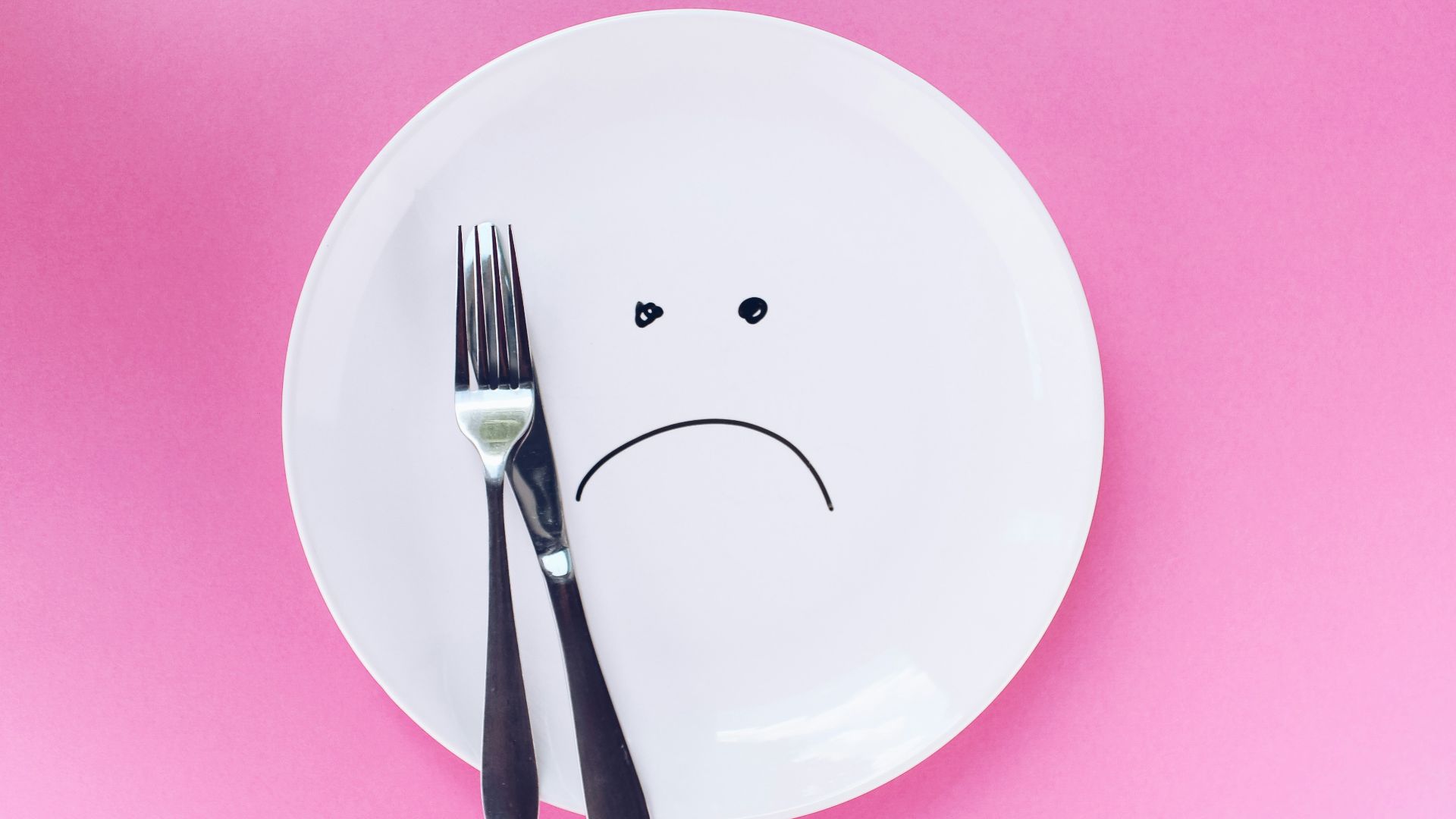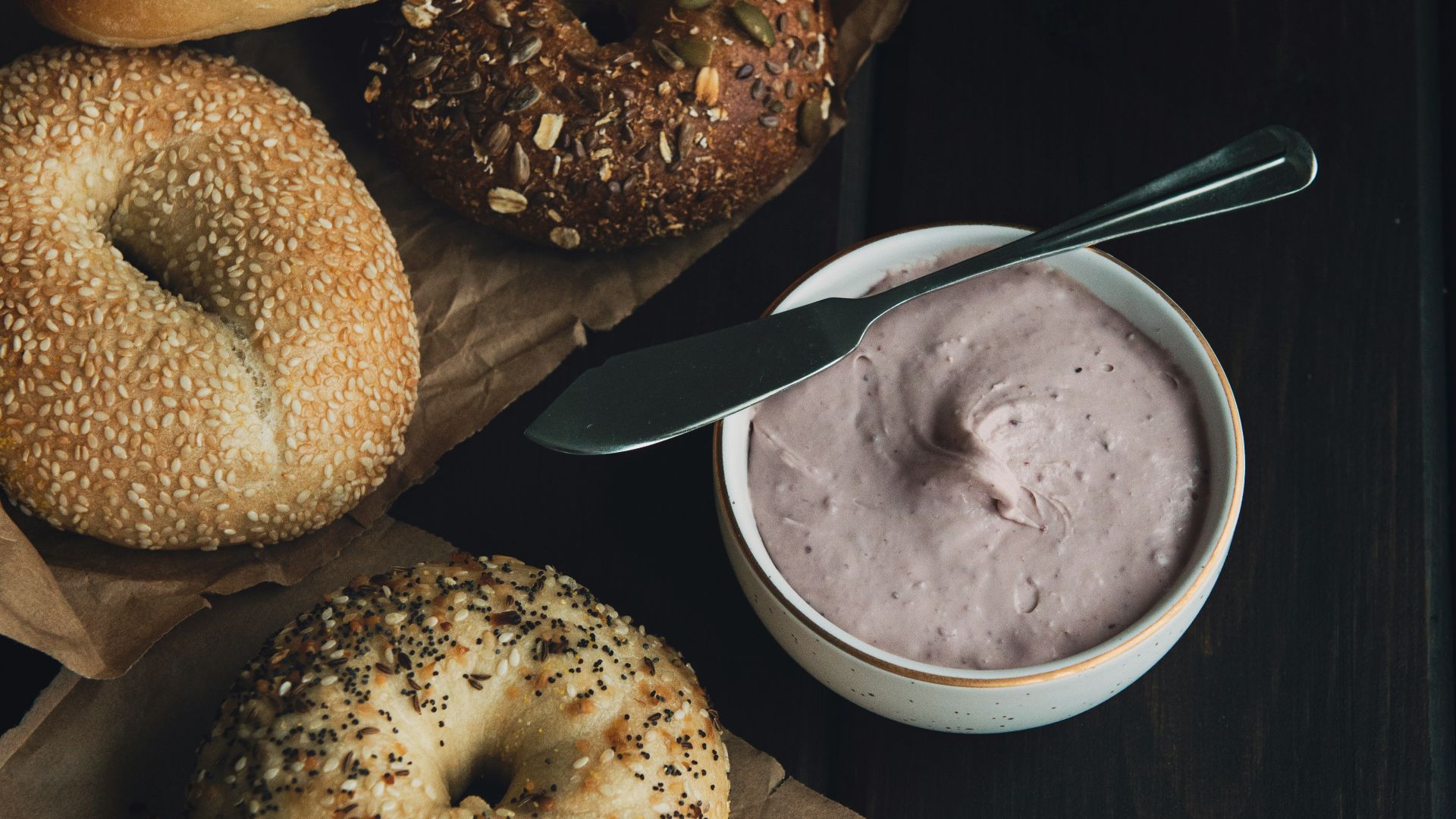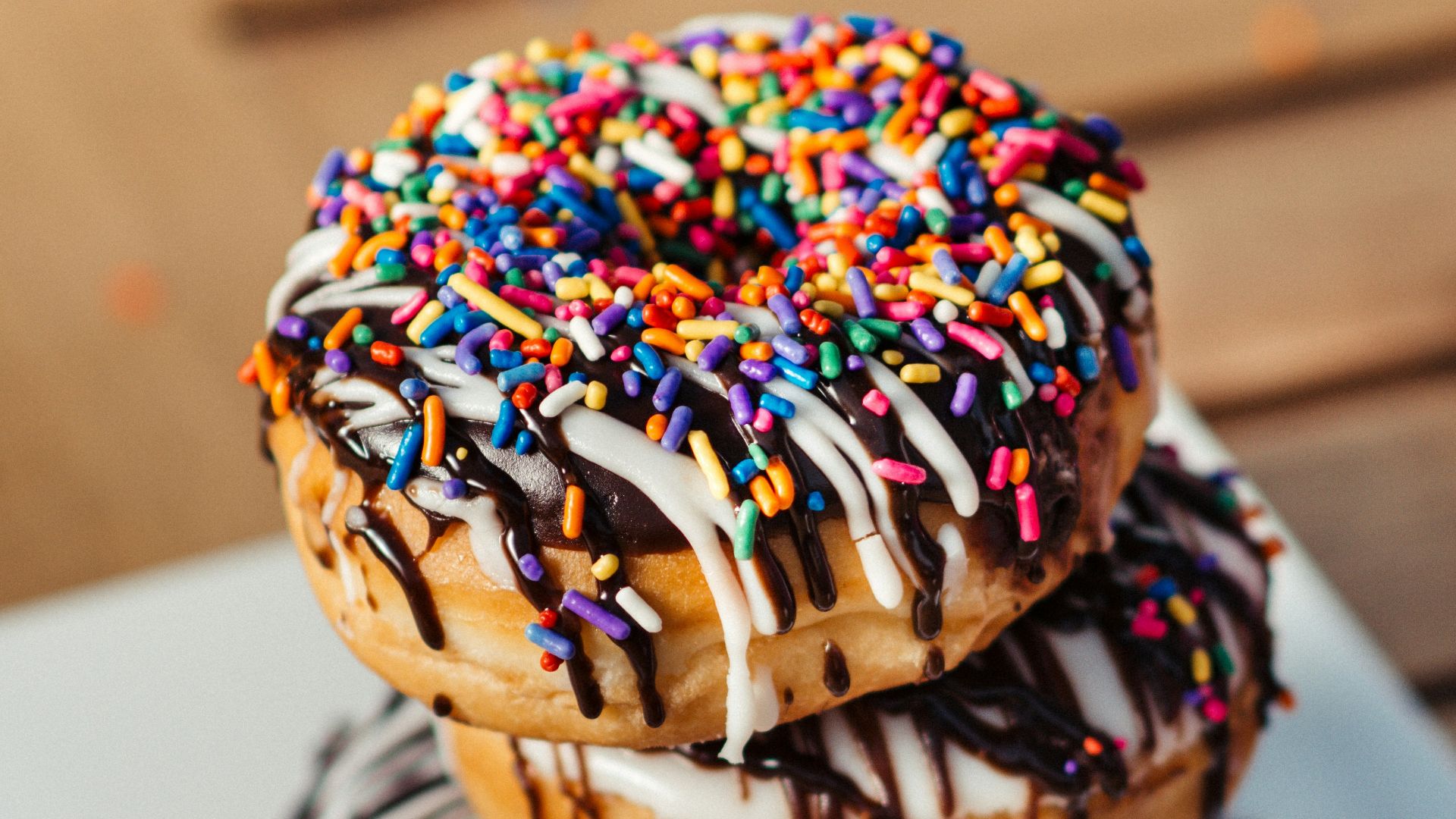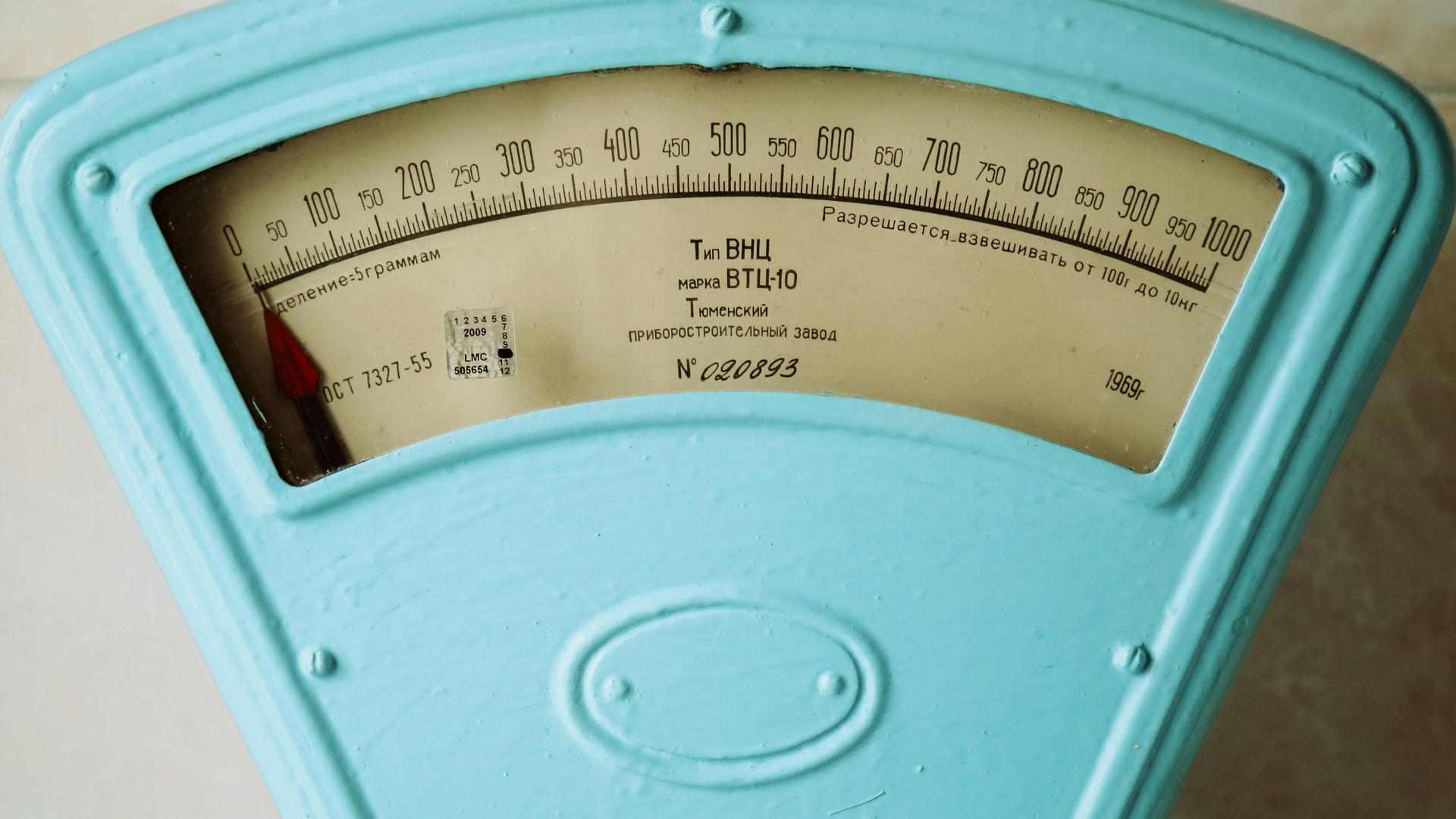Scale Not Budging?
If you’ve been trying to lose weight but the scale refuses to budge, you might be making a common mistake. Fix the issue before it gets too far and consider these typical mishaps.
1. Eating Too Little
It may seem counterintuitive—after all, the whole point of losing weight is to reduce calories. But the truth is if you eat too little, you can slow your metabolism. This will make you feel tired, lead to muscle loss, and make you prone to binging. So reduce calories, but don’t do it too severely!
2. Not Enough Protein
When it comes to weight loss, protein is king. This is because protein helps with muscle preservation and keeping you feeling satisfied. With that in mind, skimping on protein will leave you hungry and cause more muscle loss than fat loss.
3. No Carbs
Lots of people completely cut off carbs when trying to lose weight, but you actually need complex carbs as a form of energy and fiber. Complex carbs include oats, beans, and even sweet potatoes, and without them, you’ll feel less satisfied and fatigued.
4. Quick Fix
If your weight loss plan involves a quick fix instead of a gradual lifestyle change, you’ll certainly struggle. Most people who use crash diets, detox teas, or extreme fasting only ever see short-term weight loss and usually regain more back as a result.
5. Scale Obsessed
Sometimes looking at the scale every day can be very discouraging, especially since weight fluctuates and water retention contributes to this. Besides, the numbers can hide progress like fat loss or muscle gain. So with that in mind, only check the scale once a week.
6. Poor Tracking
Sometimes you might be confused to see the scale not budge after a week of calorie counting. This could be because you’re not tracking what you eat accurately. You could be underestimating portion sizes or overeating on healthy foods.
 Marcos Paulo Prado on Unsplash
Marcos Paulo Prado on Unsplash
7. Exercise Only
The reality is that you can’t out-train a bad diet. While it is important to exercise, it’s actually more important to eat smarter. Think of it as 70% to 80% diet, and 30% to 20% exercise.
8. Drinking Your Calories
Have you ever thought about how many calories you’re drinking every day? It’s easy to underestimate these calories or forget to track them, but there are hidden calories in everything from smoothies to fancy coffees to fruit juices and alcohol.
9. Ignoring Sleep
Getting good sleep is actually an integral part of weight loss. This is because a lack of sleep increases cortisol, which in turn drives fat storage and cravings—especially around that problematic tummy region.
10. Diet Food
You might think the best way to go about dieting is to eat diet foods. However, foods that are labeled as healthy are often still highly processed and full of artificial ingredients that won’t satisfy your hunger and can even backfire in the long run.
11. All-Or-Nothing
Many people go into weight loss with an all-or-nothing mentality. One bad meal or binge doesn’t mean all your progress is ruined, but this can lead to lots of people spiraling. Remember, it’s about consistency, not perfection.
12. Strength Training
Lots of people focus on cardio when it comes to weight loss, but it’s actually super important to also do strength training. Lifting weights or doing bodyweight training is known to improve your metabolism and shape your body, which means you’ll be quietly burning calories hours later after a good workout.
13. No Long Term Plan
Maybe you decided to start a free trial at a gym or sign up for an app, but after you finish your fixed one-month routine, you realize you don’t have a long-lasting plan. It’s not about doing something just for a month—it’s about making a lifestyle change.
14. Yo-Yo Dieting
Yo-yo dieting is the term used for people who try various fad diets before going back to their old routines. These diets are temporary and don’t involve that super important habit change that is needed to take weight off and keep it off.
15. Distracted Eating
Another common way people lose track of their calories is when they’re eating distracted. This means eating while watching TV or while scrolling your phone can contribute to overeating without you even realizing it. Be sure to often ask yourself if you’re full, as you might mindlessly eat otherwise.
16. Cheat Meals
Lots of people have cheat meals or entire cheat days to accommodate a strict routine. For instance, some people “let go” on the weekends, but a significant amount of overeating can undo a whole week’s progress and put you back to zero. Instead of just counting your daily calories, try counting them weekly to make sure you’re under a weekly limit.
17. Meal Replacement
Some people decide to just give up food entirely and use smoothies or juices as meal replacements. While this can be helpful once in a while for a certain meal, they’re never truly satisfying and will make you more likely to break the diet or binge.
18. Emotional Eating
Lots of people are emotional eaters without even knowing it. This means their eating habits are actually driven by boredom or sadness and are used as a coping tool, which can make dieting or weight loss very difficult.
19. Not Enough Water
It turns out that dehydration can easily mimic hunger and will cause people to eat when they don’t need to. Additionally, if you drink more water, you’ll also be supporting your metabolism and digestion, which will make weight loss all-around breezier.
20. Patience
Sometimes the reality is that people expect results too fast and give up too soon. It’s common to want instant gratification these days, but that’s just not realistic. So be patient and persistent—you might be on the cusp of great change!
KEEP ON READING

20 Ways To Get Your Vitamins And Minerals

20 Ways Doing Less Can Actually Improve Your Health

























